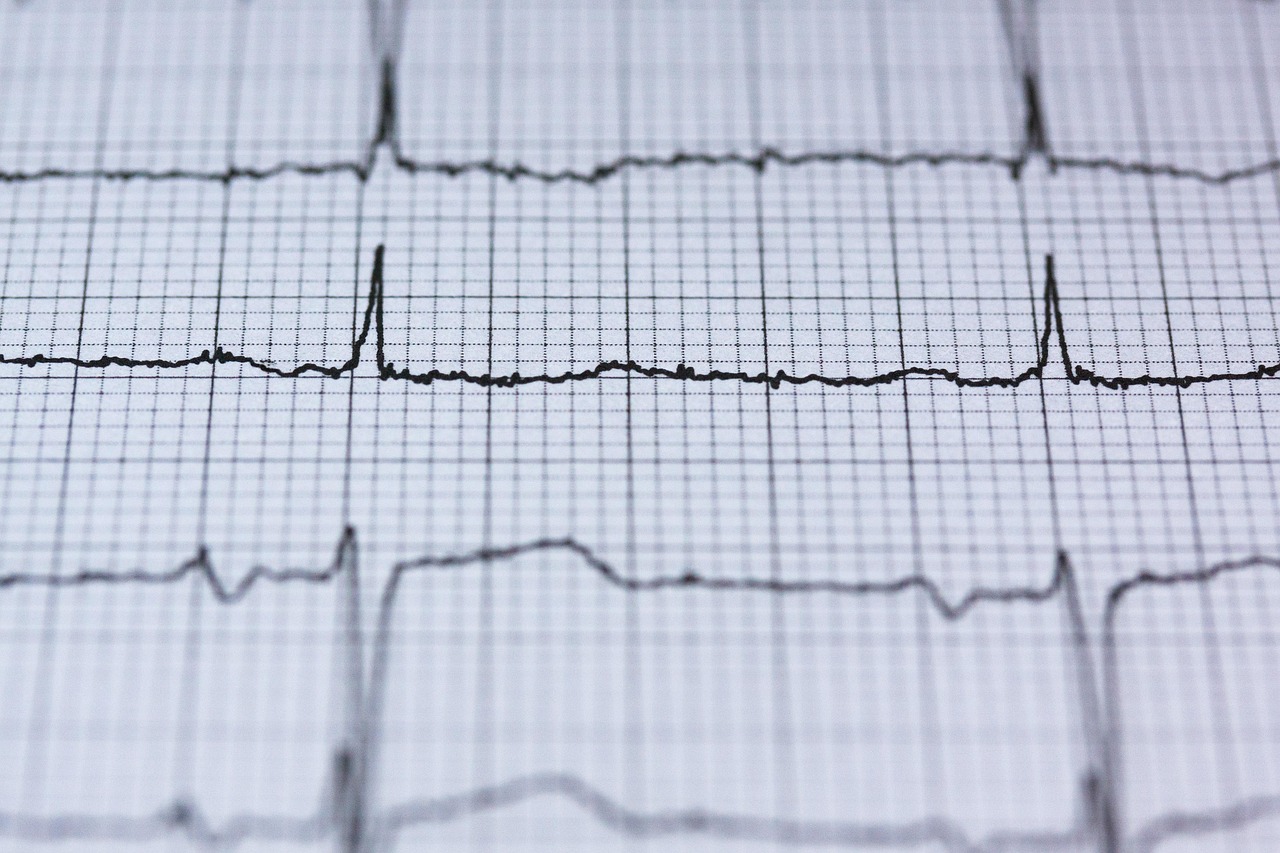News release
From:
Medicine: Detecting heart arrhythmia via contactless radio monitoring
A contactless detection system for atrial fibrillation utilising radio technology and artificial intelligence is presented in Nature Communications this week. The system could aid in detection of the condition before traditional clinical diagnosis pathways.
Atrial fibrillation is a prevalent rhythm abnormality of the heart, which can lead to severe health problems and is linked to increased mortality. An electrocardiogram (ECG) is the primary tool used to diagnose atrial fibrillation. However, this is primarily used only when symptoms arise or at occasional check-ups, making it difficult to capture early-stage fibrillation episodes and missing opportunities for timely intervention.
Yan Chen and colleagues developed a system that records heart mechanical motion in a contactless manner via radar sensing. The data are analysed using a neural network model, which leverages knowledge transfer from ECG diagnostics to enable precise recognition of atrial fibrillation patterns. The system was then evaluated using data from 6,258 outpatients, including 229 with atrial fibrillation, during routine 30-second ECG screenings. The system was able to detect atrial fibrillation with a sensitivity and specificity comparable to an ECG. The technology was further tested during the daily sleep routine of 27 patients, showing promise in detecting the presence and onset of atrial fibrillation.
Although the system was only tested in subjects in relatively stationary states, the results suggest it may have potential for practical daily life deployment, aiding early detection and proactive management of atrial fibrillation.Medicine: Detecting heart arrhythmia via contactless radio monitoring *IMAGE*



 International
International


